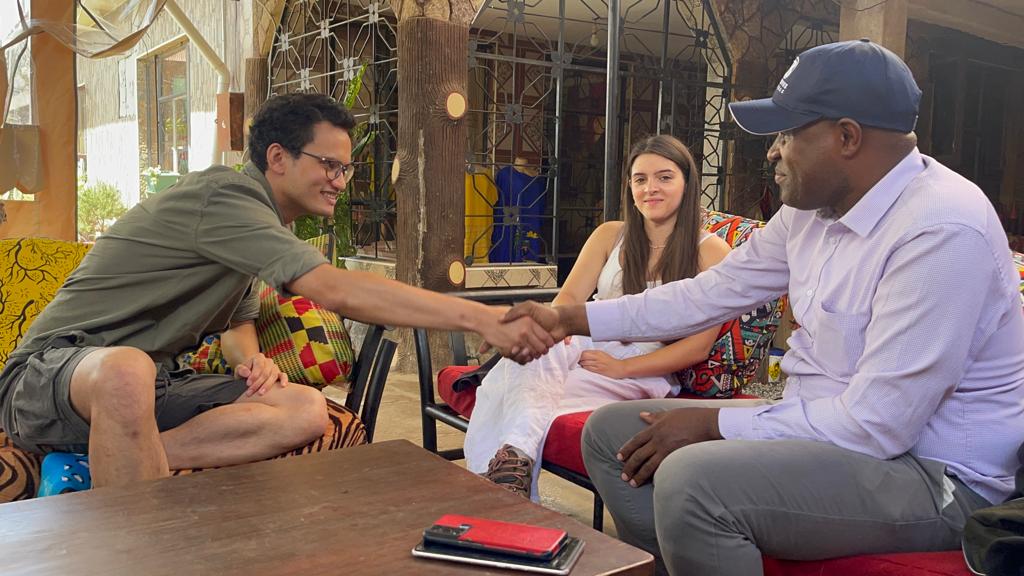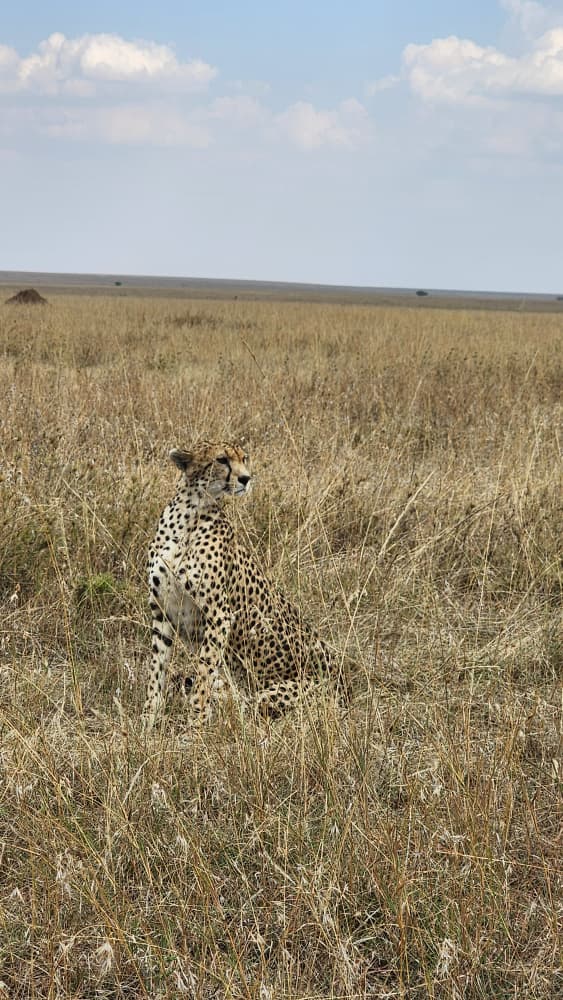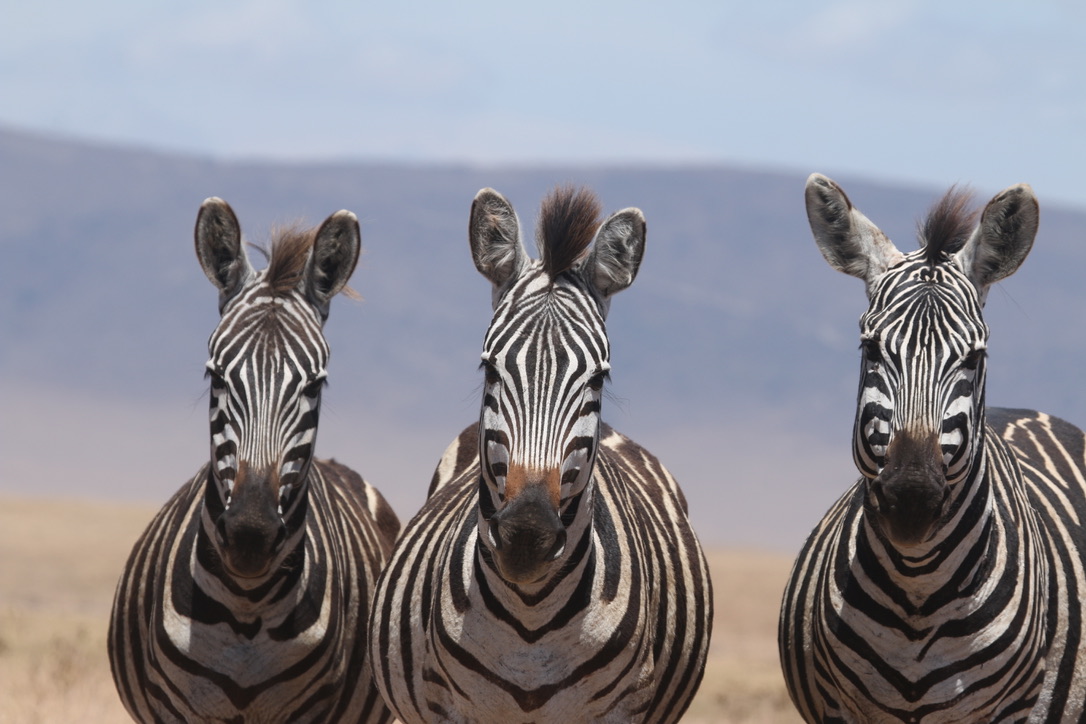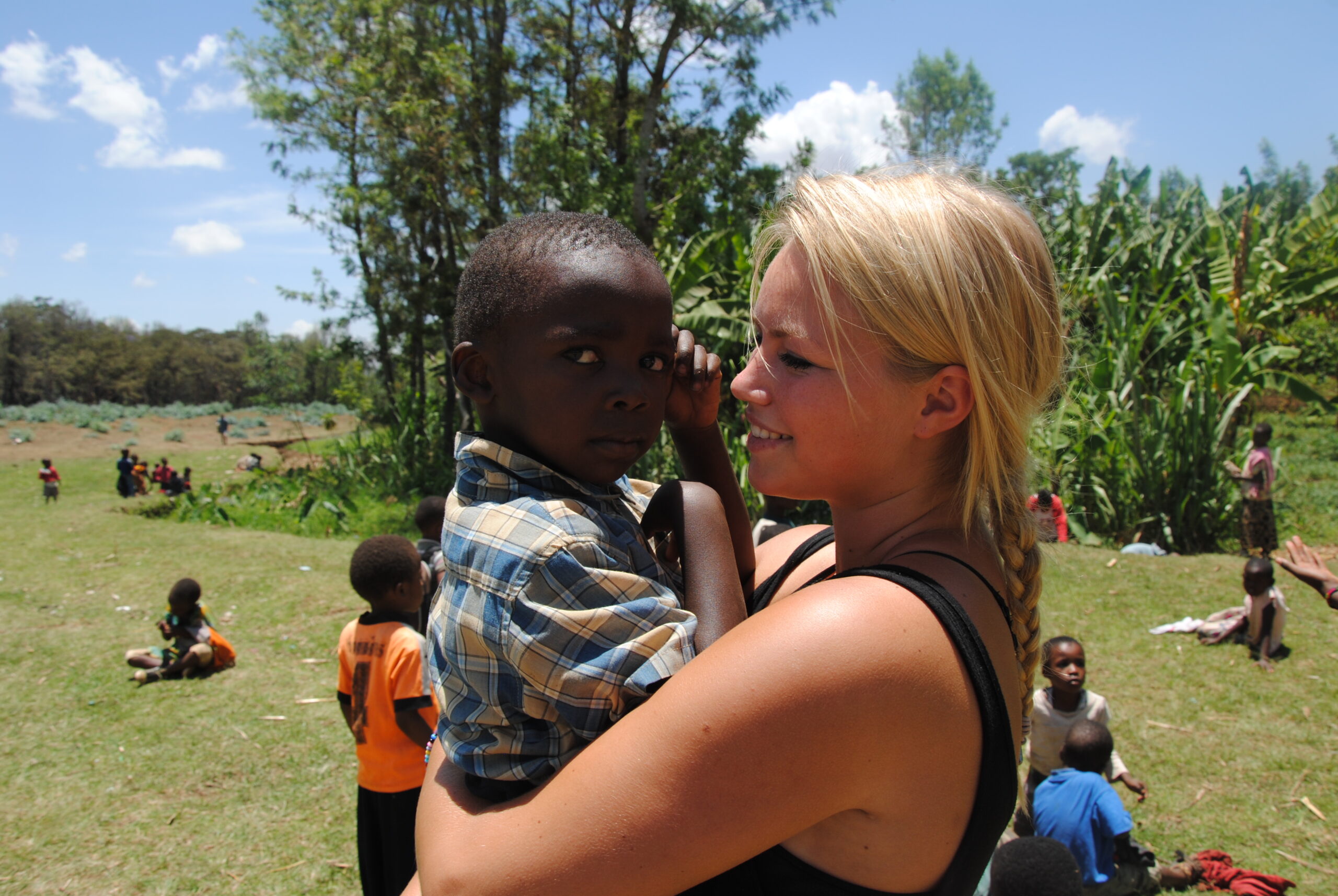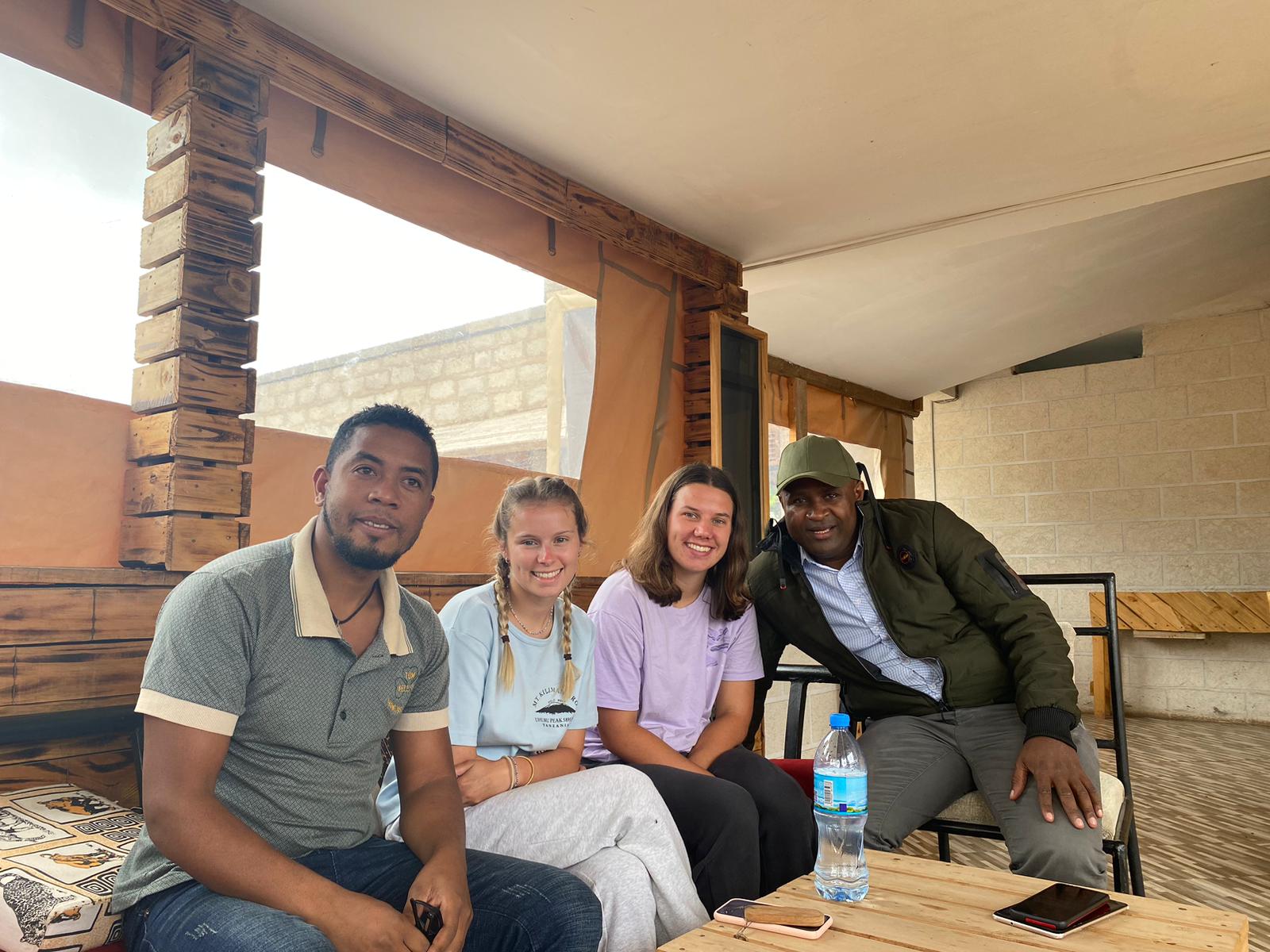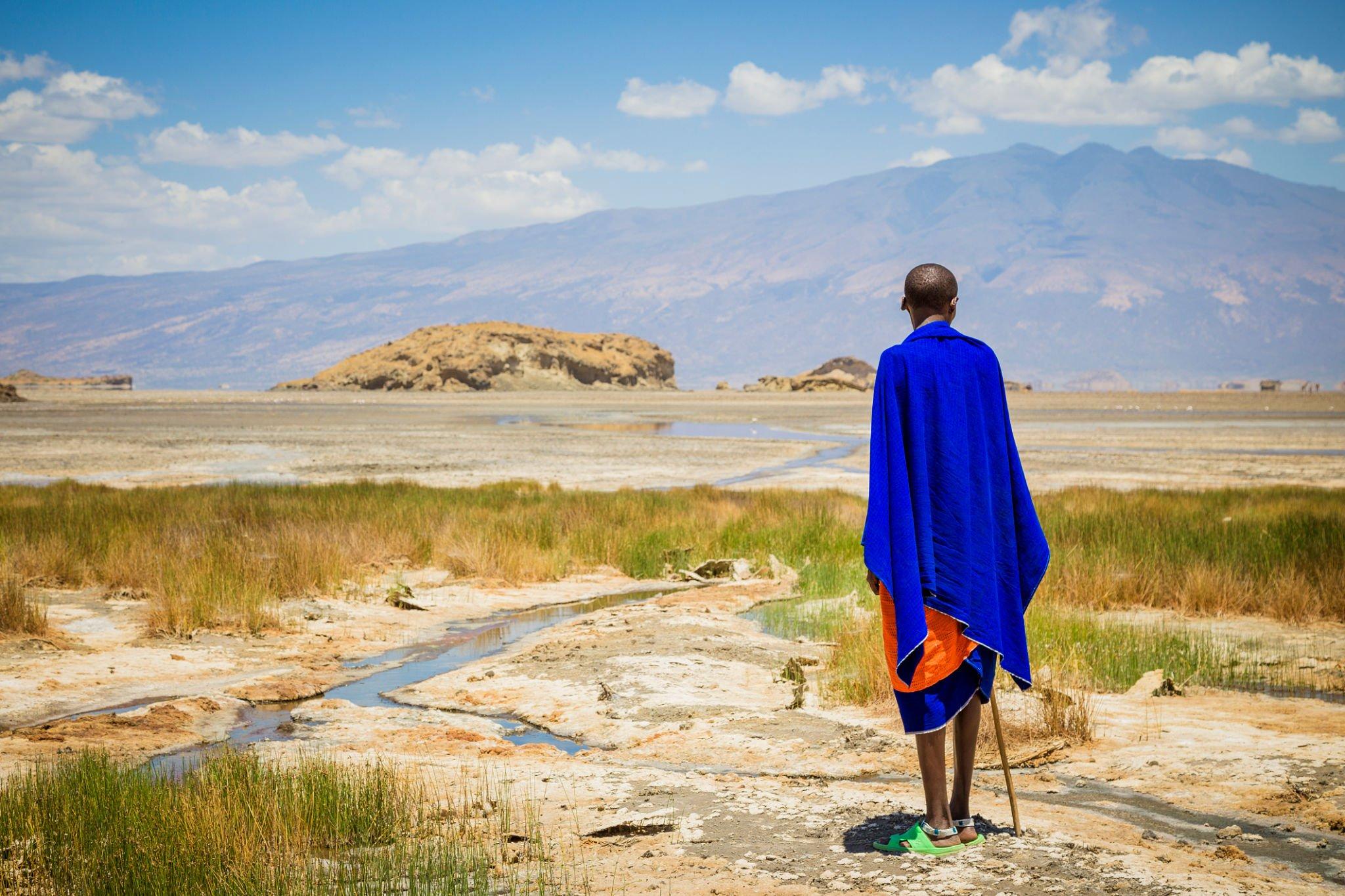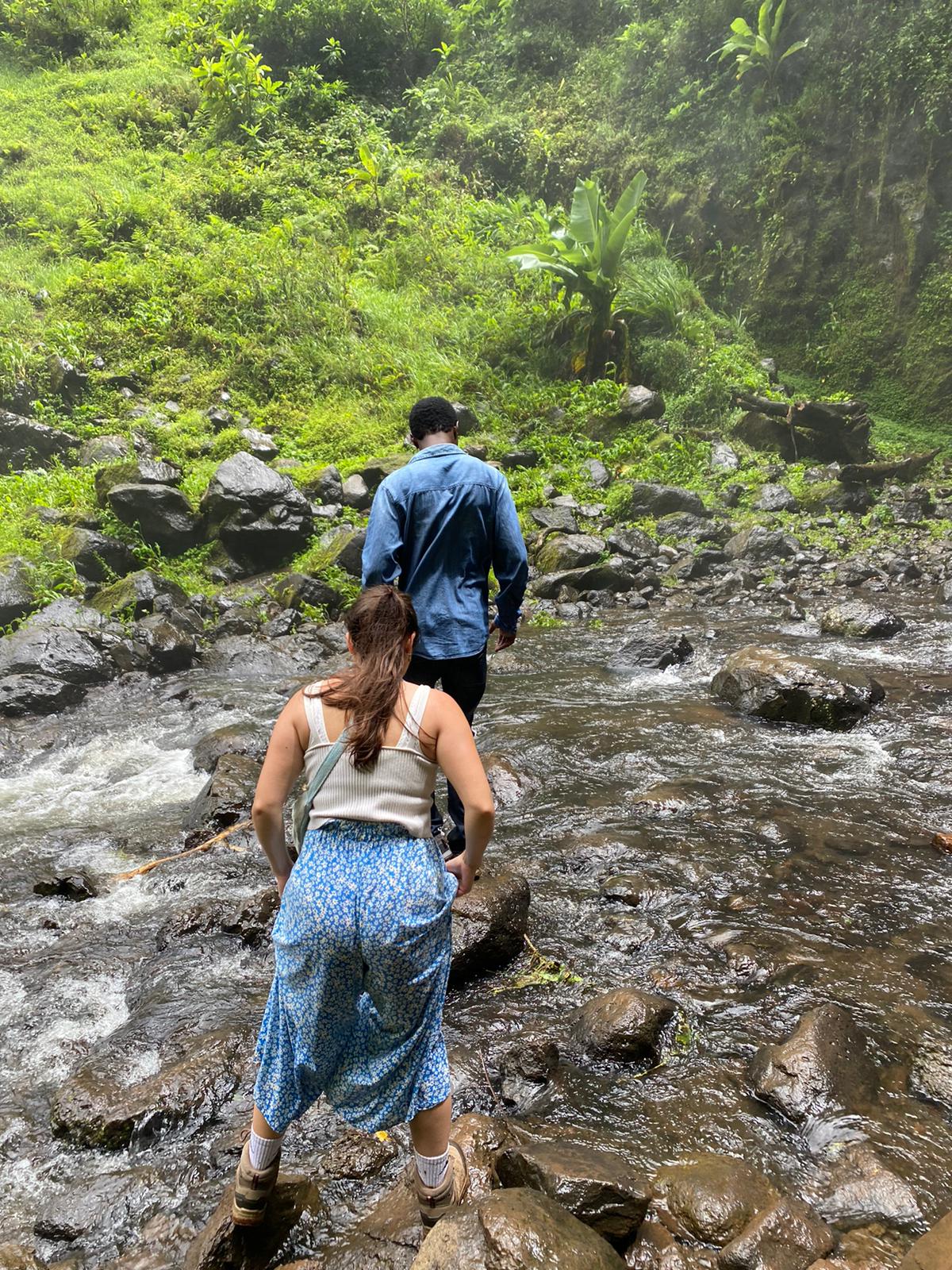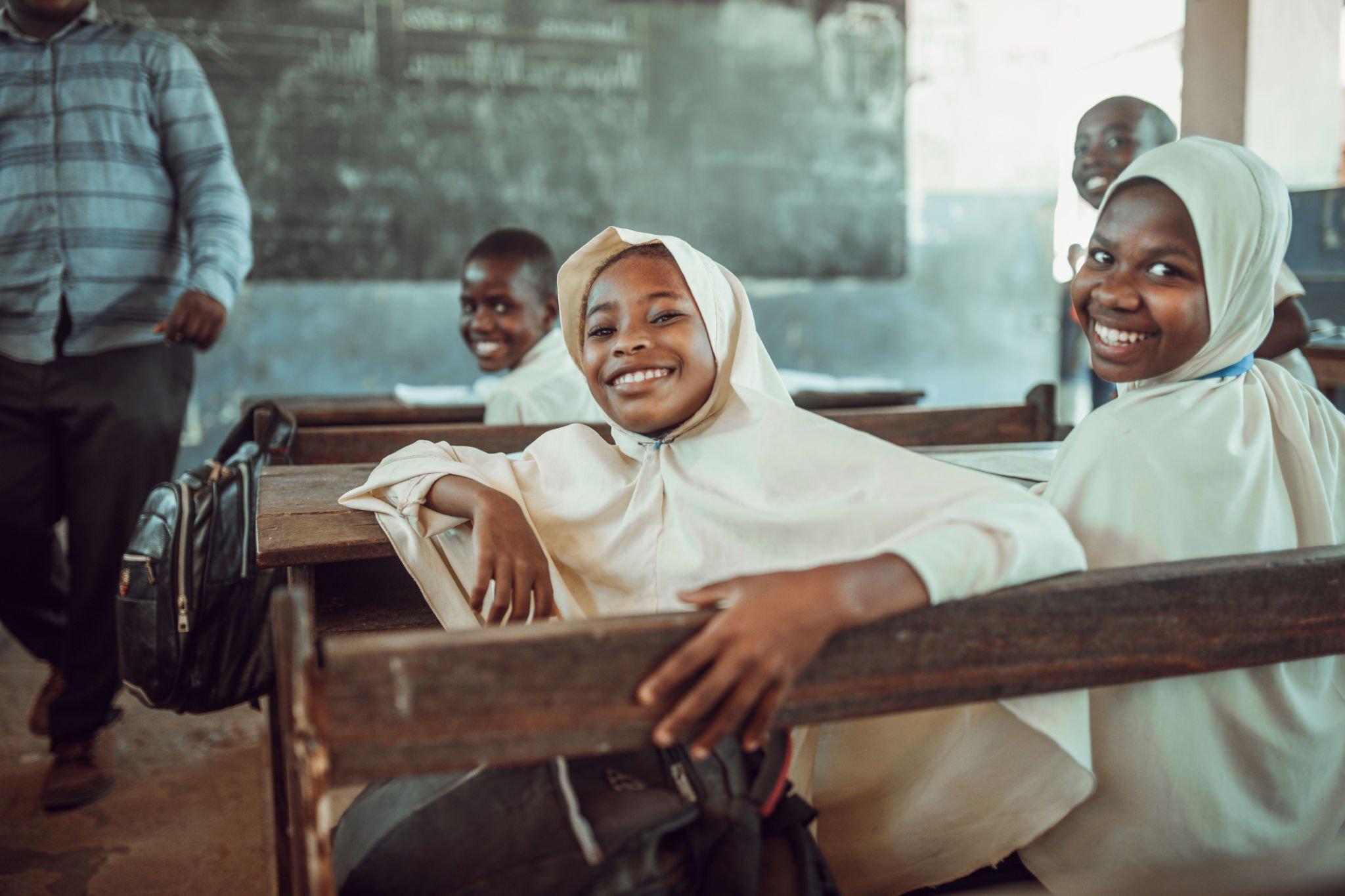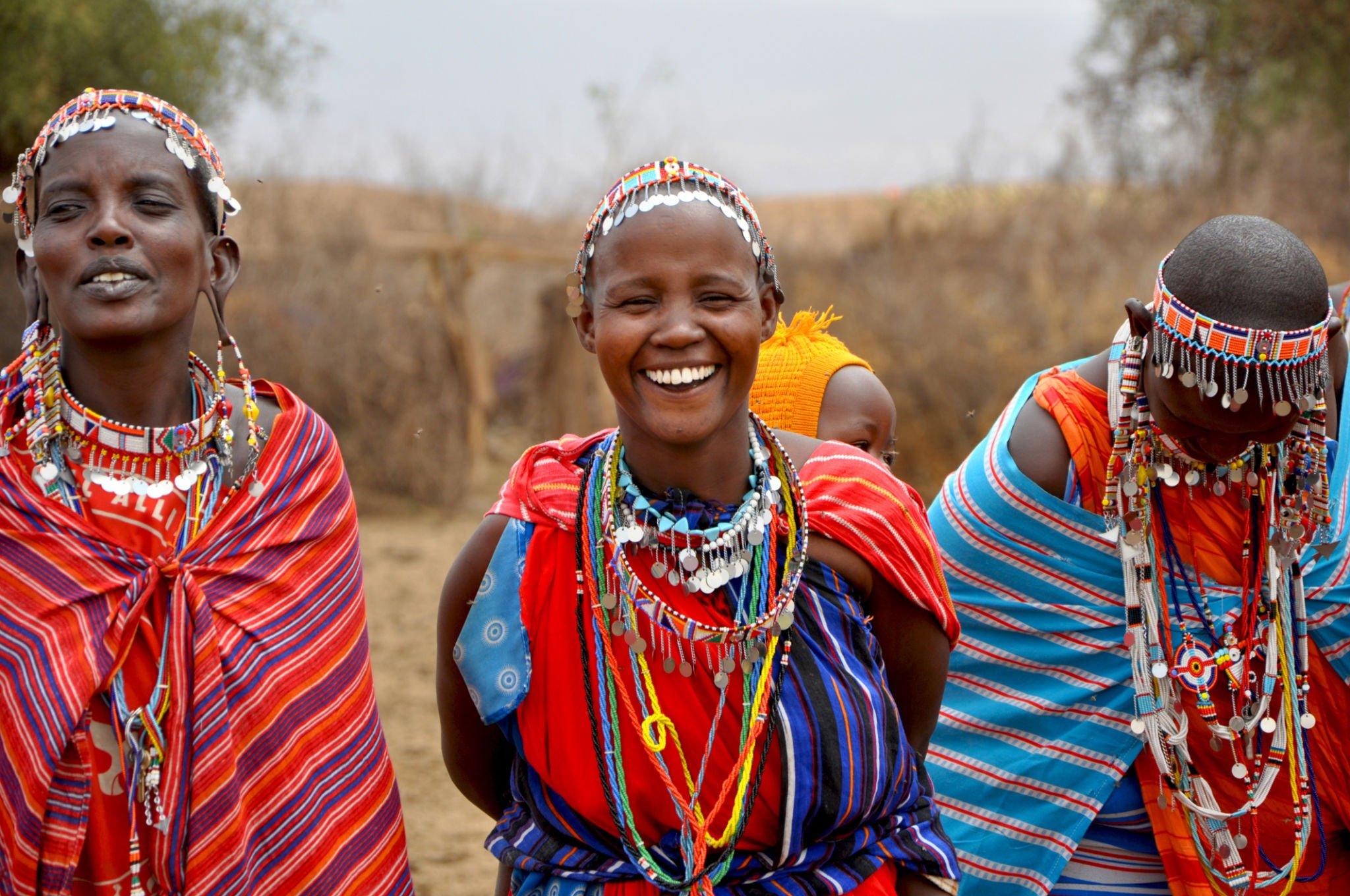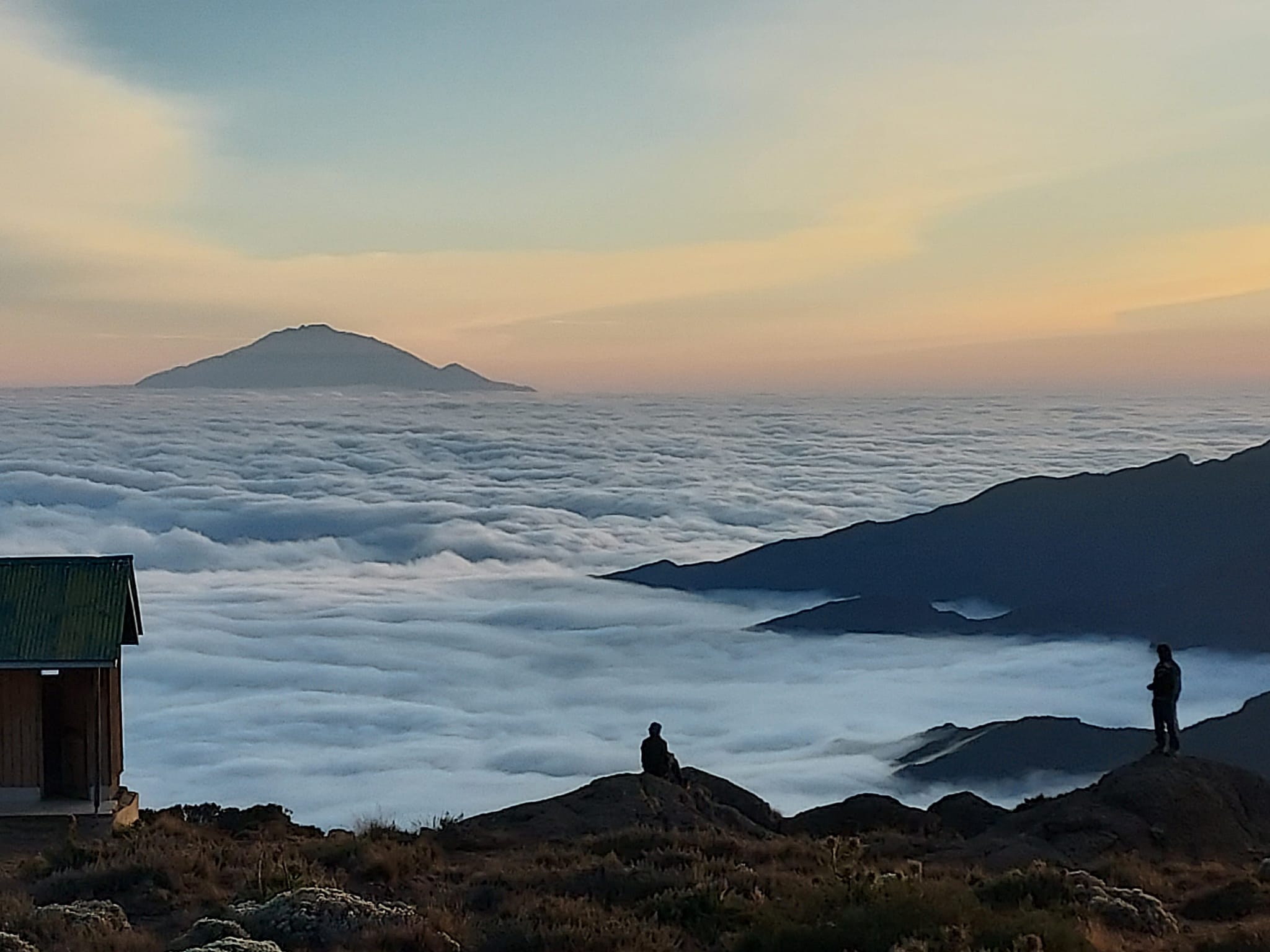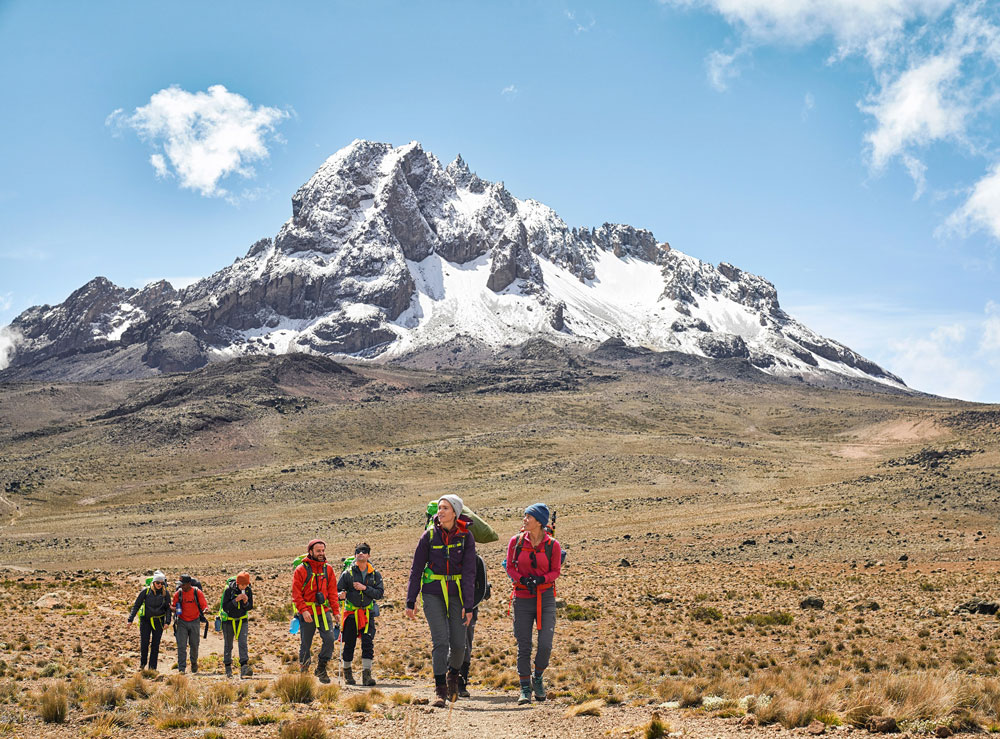
Small Groups.

Secured
Payments

Local Guides.

Easy Payments
Start With us?
In 2005, the current director of the centre, Jane Sanare, and her husband James decided—after unsuccessfully trying to conceive children themselves—to help the many needy children around them. They were able to raise enough money to build a 1-classroom facility and successively initiated the realization of their calling: Keeping young, unattended tribe members off the street, providing them with nutritious meals, and offering them proper education. Today, the school teaches to 67 pupils in the 5 to 8 year age group who are also fed two hot meals every day.
During the weekends, many more children from nearby elementary and secondary schools also come to participate in recreational activities and to be fed as well. Some of the children are infected with the HIV virus themselves.
For the time being, most of the students still spend the night at home, in the care of older siblings, a grandmother, or others close to them. Six small children sleep in one of the director’s chicken coops, as there is simply no other place for them to go.
They are all anxiously waiting for the completion of a larger building with dormitories that is currently under construction. With each new donation, the center is coming closer and closer to its goal.
Needless to say, the Jane Olevolos Centre lacks proper and regular funding like so many other orphan centers in Africa, and relies therefore heavily on national and international NGOs, churches, missionaries, visitors, and other interested parties who are eager to sponsor a child, perform fundraising in their own communities, or donate clothes, educational materials, and know-how. That is why they also gladly welcome English-speaking volunteers to assist and inspire their own grossly underpaid teachers. The volunteers are recruited directly or channeled through the various volunteer organizations in Europe and North America. Placements range from 2 weeks to 6 months, and sometimes even longer.
As the center is clearly still in survival mode and thus needs to focus first and foremost on getting food on the table, there is unfortunately not much organized training or briefing for newly arrived volunteers at present. For a relatively unprepared candidate like myself (the original project I signed up for—working with Masai women—fell through at the last moment), the experience was, although very rewarding, at times also quite challenging. The teaching methods currently in use are still very traditional (memorizing and drilling are favored), and the curriculum is much too vague, often forcing teachers and volunteers alike to fly by the seat of their pants. Books and visual aids other than the blackboard are far and few between, and opportunities for physical education or creative expressions are scarce.
However, for volunteers who would make the effort to prepare themselves in their home country prior to leaving for Tanzania by collecting educational materials and soliciting creative teaching ideas or ways to introduce sports, arts, or other stimulating activities from their local primary schools, this welcoming orphanage center with their eager-to-learn students certainly provides fertile ground for lots of new initiatives! Also, a commitment of a couple of months would definitely do far more good than a stay of a few weeks. First of all, the volunteer would get more satisfaction from an extended stay. Secondly, a longer period of time spent with the children would also benefit the orphans who—already scarred by the loss of one or both parents—experience a high turn-over of teachers and volunteers.
For now, the young students of the Jane Olevolos Centre spend most of their days learning to read, write, and count by obediently copying words and numbers from the blackboard into their worn-out workbooks, while teachers keep them in check and sharpen their pencil stumps with old razor blades. They write with the tip of their tongue sticking out of their mouth, hunched over simple wooden benches that serve as chair, table, or even bed. At the end of each exercise, the colorful stickers I happen to carry with me are a much-desired reward for a job well-done!
When singing time arrives, the whole class comes suddenly to life. The kids are absolutely adorable when they all shout from the top of their lungs, clap fervently in their hands, and move their hips and heads rhythmically to the tunes of their favorite songs.
Come break time, they cannot run fast enough back and forth around the playground to unleash their pent-up energy. Invariably, they also fight with each other for a chance to hold hands with their teachers, eager to feel special and noticed, if only for some precious moments.
After their starchy lunches (mainly ugali, a stiff cornmeal porridge, with an additional heap of spinach), eaten with their hands according to Tanzanian customs, it is time to rest for an hour or so. That is pure luxury for them these days, as a generous volunteer recently donated a dozen mattresses to cover the wooden benches on which they quietly lie down like sardines in a can.
For as long as my placement lasts, I live in the house of Grace, the congenial grandmother of one of my pupils. In the rural enclave of Ngaramtoni, her home is considered one of the more luxurious places to rent a room, as it is made of stone, has concrete floors, and already receives electricity for part of the day. Grace cooks our dinners of rice, beans, and ugali over charcoal on the floor of her small kitchen shed. The toilet is an outhouse, and next to it I shower and shampoo with cold water, fetched in buckets and jerry cans from a nearby well.
The rainy season starting in March, suddenly brings a welcome change to otherwise dry Ngaramtoni. The farmers cannot be happier with the steady downpour, as it helps the crops grow and the fields to become greener for their cattle. The children at the orphanage center must keep their jackets on or have to cover their shoulders with old blankets because of the cold and dampness creeping through the windows which lack glass. But now they at least have puddles on the playground to run through, and plenty of mud with which to dirty them. And my hostess finally gets a break from the tedious task of fetching water at the well. For once, with all her available buckets and bowls spread out over the open courtyard, Grace does not have to walk towards the water, as the water now readily flows towards her.
The Maasai Land Explorer (Arusha), welcomes volunteers to teach boys and girls age 5 -8. Contact: tel.255 655 707 352 ; info@maasailandexplorers.com
For those wishing to combine volunteer work with a safari, the 100% Tanzanian-owned and operated Maasai Land Explorer organizes relatively affordable wildlife—and cultural adventures to game reserves, national parks, and tribes/ bushmen settlements. Costs: around US$165 per day. Contact: tel. +255 655 707 352.
Other Programs .
Our Happy Clients!
Our Tanzania trip was fabulous. Spotting the Tree-climbing lions and Black Rhino was unforgettable. Thanks for fulfilling our dreams. We’ll be back soon!
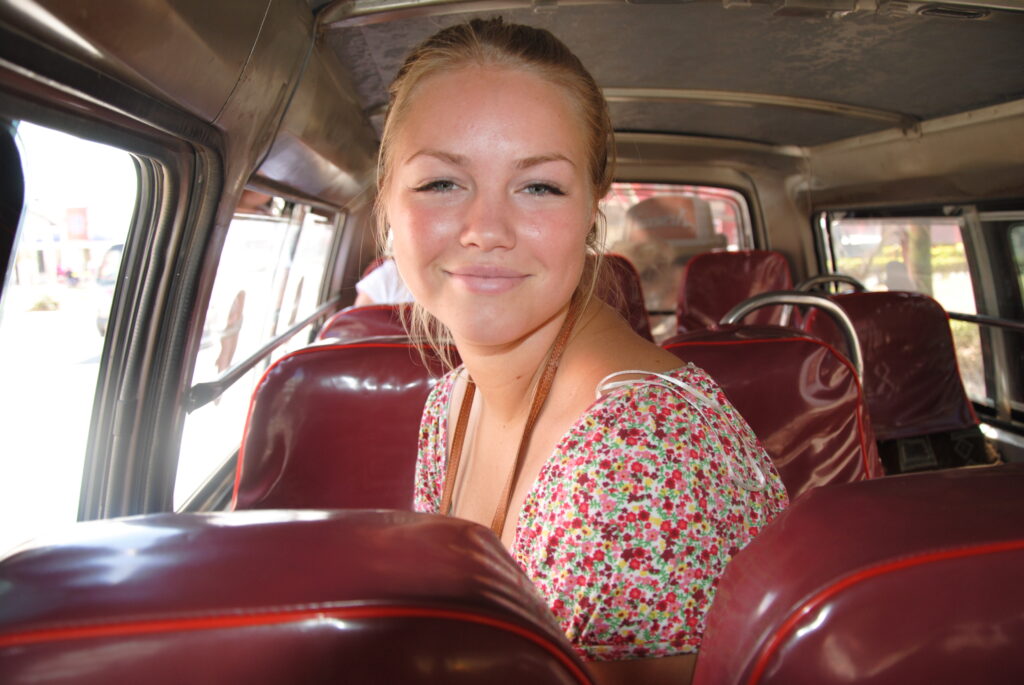
Clara Smith
Thank you, Maasai Land Wonders Team, for your exceptional care during my 3 Months Volunteering program. A thousand thanks for an unforgettable experience.
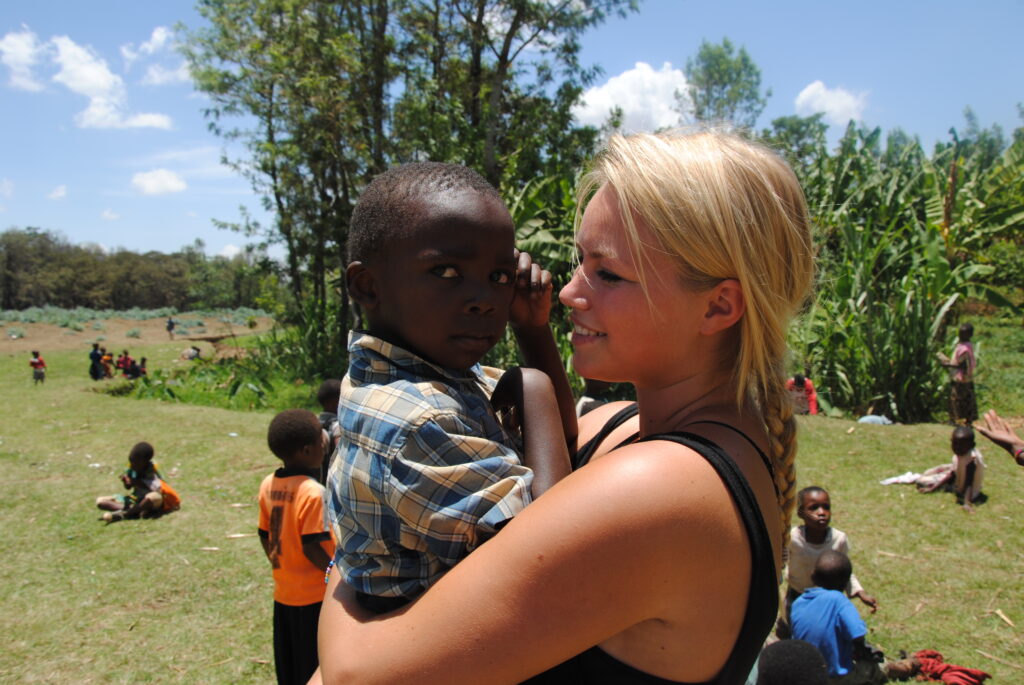
Shelly Barns
Thank you, Edwin and your team, for an amazing 7-day trip. Your personal care and dedication made it unforgettable. 1000 thanks!
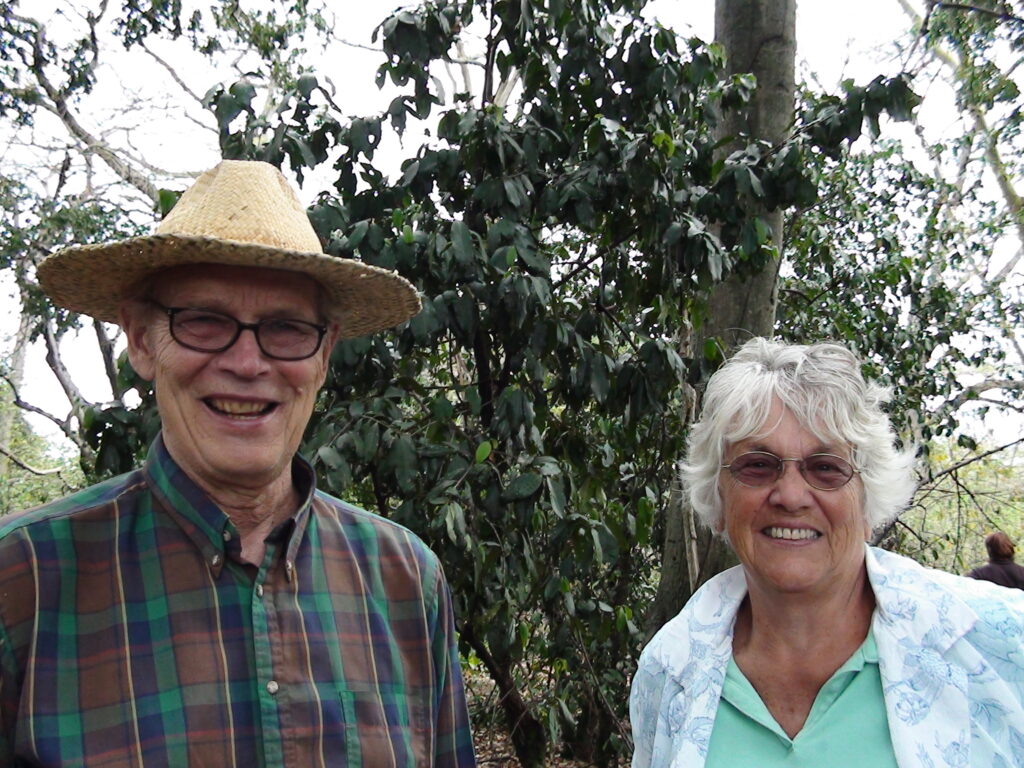
Jacob Luke
Contact us, We're at your Service.
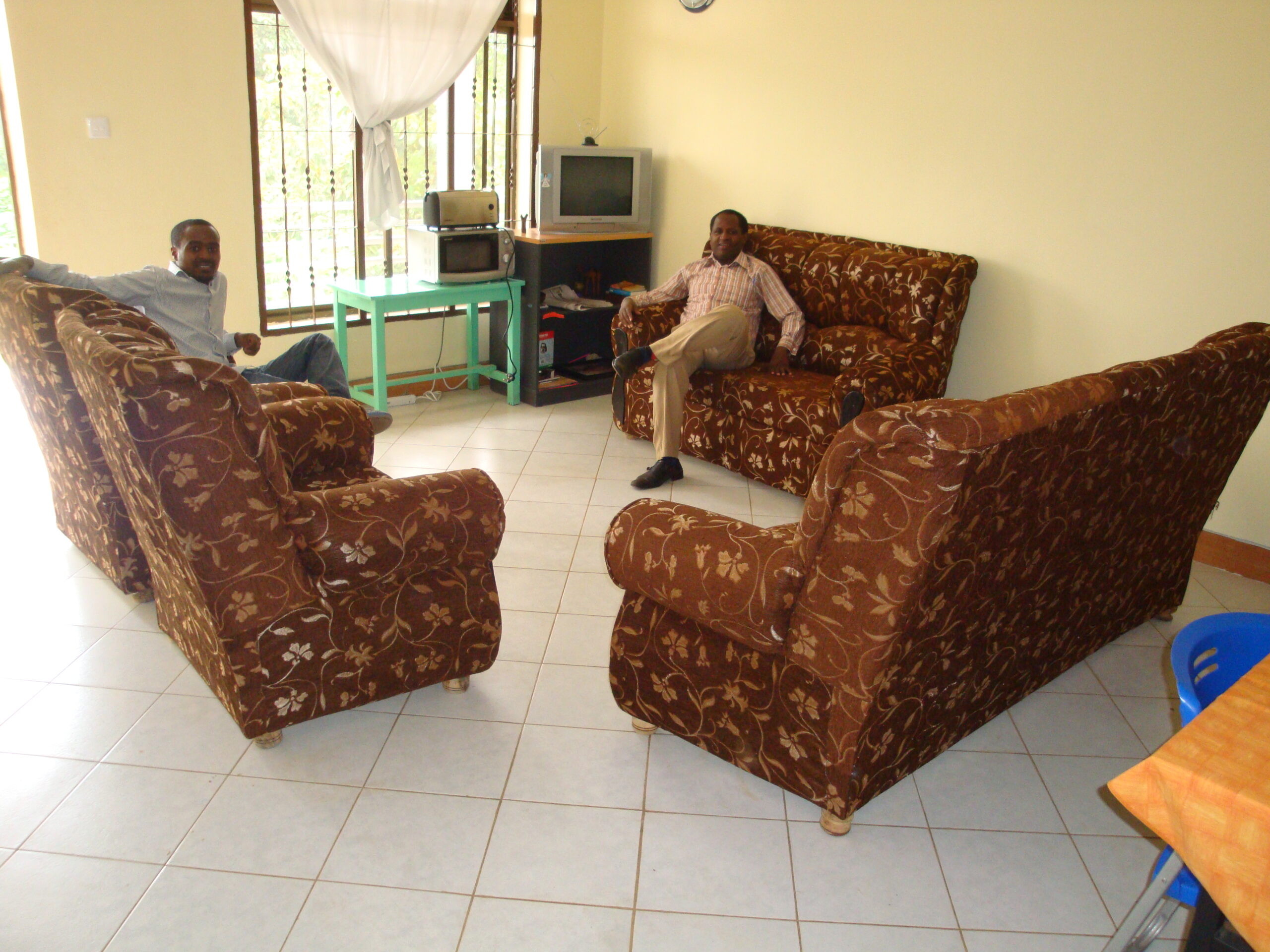
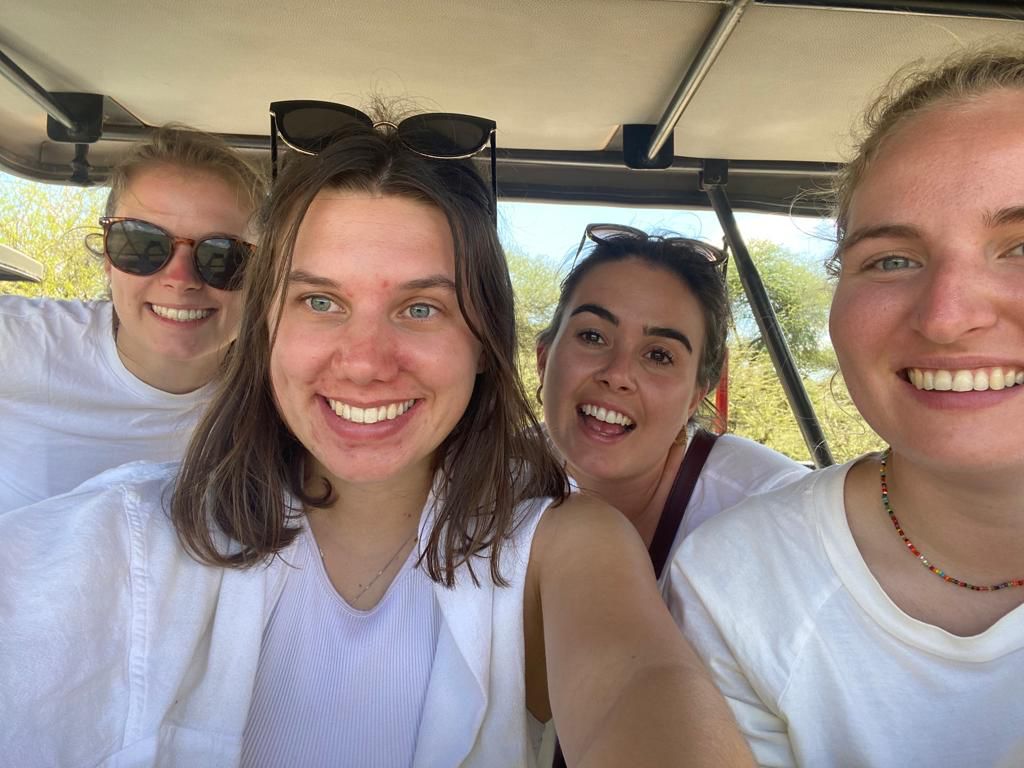
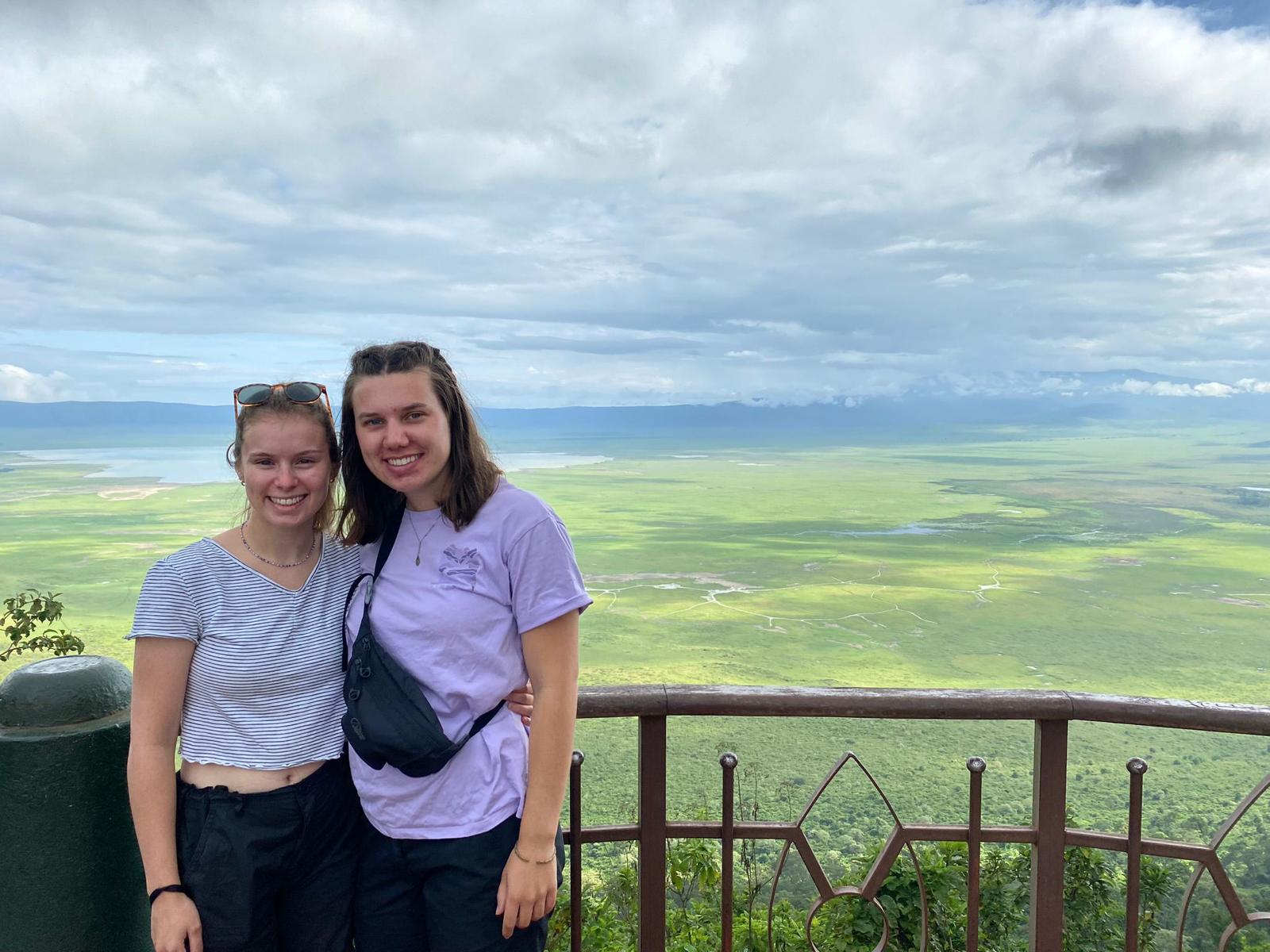
Trusted by:


